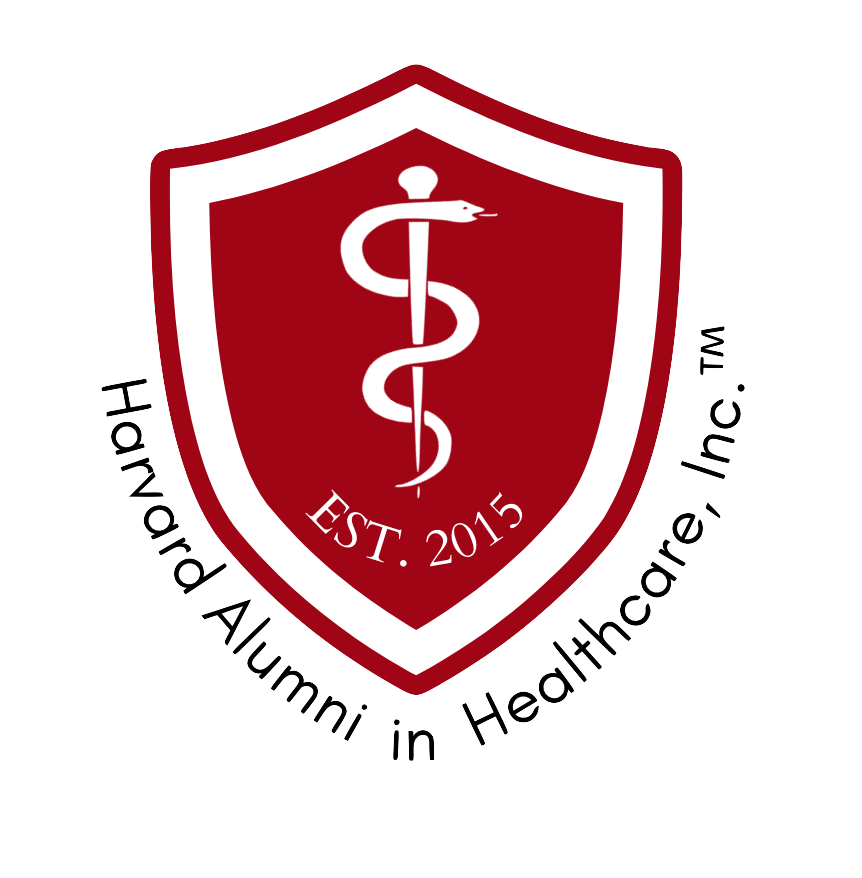Arachu Castro, MPH 1998
Introduction
My name is Arachu Castro, and I went to Harvard to earn my Masters in Public Health after receiving a PhD in Anthropology. I develop all my work by combining medical anthropology and epidemiology, working throughout Latin America and the Caribbean and focusing mostly on infectious diseases and reproductive health. In addition to my research, I've been teaching for many years, first at Harvard Medical School and then at the Tulane University School of Public Health and Tropical Medicine.
What has been the happiest moment in your healthcare career so far?
What really motivates me to do my work is designing research studies in collaboration with colleagues in the countries where I work. All the research is always targeted to improve health policies and clinical protocols, so it is gratifying to see how some of the results of these recent studies lead to positive change.
I’ve worked a lot on HIV, particularly with women who were diagnosed with HIV during pregnancy, and my research contributed to improving the testing and treatment of women, not only to prevent the transmission to the newborn, but also for their own health. I have also conducted research to improve the quality of obstetric care, and in some of the hospitals where I have done my research, they have changed the management protocols as a result. More recently with colleagues in the Dominican Republic, we conducted a small study to test an instrument for measuring early childhood development. There was no instrument before that was specific to the country, so we adapted one from Malawi that was open source, edited it, and now it is starting to be used. The Dominican Republic has many early childhood centers for children who live in poverty and extreme poverty, and although they have certain types of stimulation and age appropriate activities for those children, they didn't have any instrument to track early childhood development. Thanks to the instrument that we developed, that is now possible.
How has COVID-19 affected your work and redirected your research, and how has that been for you over the past year and a half?
I'm in Cuba right now, but to clarify, I’m originally from Spain. However, when the pandemic was first declared, I was also in Cuba. I saw firsthand the huge impact that their responses to the pandemic could have— the indirect effects on health services for women, children, and adolescents throughout Latin American and the Caribbean. I was very concerned that the response to the pandemic, focusing on COVID-19 while disregarding essential services, could have a very detrimental impact. So I, along with colleagues from Tulane and other institutions, started a project immediately to identify what were the public health responses to COVID-19 and the impacts that these responses had. Also, very importantly, to identify strategies that have been developed during the course of the pandemic that have been able to mitigate some of those negative effects.
Usually when I go to a country, I first meet with my colleagues with whom I collaborate on research projects. However, I also spend quite some time meeting with policymakers or hospital administrators, who are the first recipients of my research findings. I also do ethnographic work, so I talk directly with people who have HIV or pregnant individuals, for example. For these recent projects over the past year and a half, though, we had to do our research remotely. I began doing online surveys, which I hadn't done before, as well as many interviews via Zoom. That has actually worked really well, to be able to interview people from throughout the region using just online platforms; we've been able to obtain a lot of information from these methods. We've also been analyzing statistics from different countries, and one of the challenges we've encountered is that, precisely because of the same reasons that many essential health services were suspended, there's been time lags in the availability of data coming from numerous countries. Some countries still don't have data readily available that we can use, which is also an effect of the pandemic. I was pleased that I've been able to come to Cuba this month, meet with my colleagues, and talk face-to-face about future research projects or continuing ongoing projects. Even if online platforms are very advantageous, there is nothing like meeting face-to-face. (2/3)
What would you say are the greatest challenges in healthcare that you see in your work and what kind of direction do you hope your work will continue on in the future?
One of the research projects I’m conducting with my colleagues on the indirect effects of the pandemic is called the ISLAC project. Through the ISLAC project, we are learning from the people we are interviewing about successful mitigation strategies that can be conducted across wider areas. We host calls to have people from throughout the entire region share activities with us that they've been doing that have also been beneficial. We want to study those cases and share those findings with a much wider audience, so that if we are able to bring those experiences to policymakers from different national and international organizations, we may be able to promote interventions that have kept essential services in operation or helped mitigate the impact of the pandemic.
Also, when I talk about health policy, it's not always legislative. Sometimes it could be at the legislative level, but sometimes it's instead at the policy level of recommendations, for example. An organization like UNICEF could be making recommendations, or the national government, but it is not necessarily limited to legislation. Ultimately, we hope that the implications of our research can reach a variety of policymakers is one of our main objectives.
Arachu Castro, PhD
MPH 1998
Compiled and Interviewed by Christine Lee





